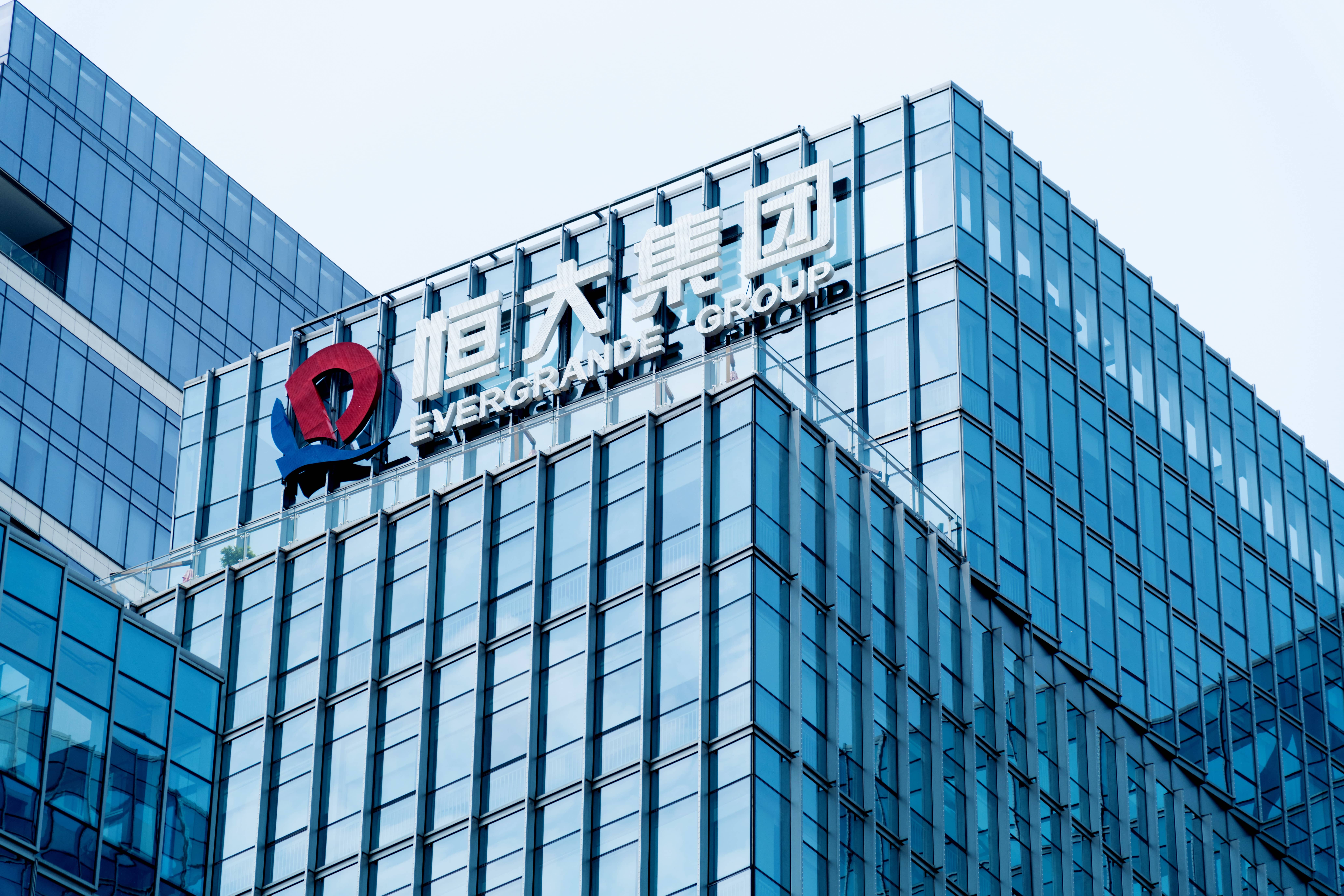Equity and bond markets were given a chill last week as highly indebted property giant Evergrande flirted with defaulting on interest payments but how were ETFs affected?
While more than 140 ETFs have some allocation to the Chinese real estate company, only 12 are invested in its $306bn debt pile, mostly through Asian high yield or emerging markets exposures.
Of this number, there are just two notable fixed income products listed in UCITS format, the VanEck Vectors Emerging Markets High Yield Bond UCITS ETF (HYEM) and the Tabula Haitong Asia ex-Japan High Yield Corp USD Bond ESG UCITS ETF (TAHY), with the latter coming to market earlier this month.
While HYEM weights only 0.2% to Evergrande debt, TAHY allocates 1.4% of its basket to the company’s bonds.
On Evergrande’s presence in TAHY, Michael John Lytle, CEO at Tabula Investment Management said: “They will be there unless the index provider, IHS Markit, determines that they are effectively in default.
“Owning lower-rated high yield bonds is always a bit more volatile but when they are trading around 30% the downside/upside analysis can often be positive for investors.”
At present, the product has considerable exposure to China and the property sector, with 56.4% of its credit coming from the country and 48.5% from real estate companies in emerging markets.
Peter Sleep, senior portfolio manager at 7IM, commented: “There was a certain amount of complacency around the concentration in this index with many portfolio managers saying to me that the Chinese property sector is too important to let go bust.”
Given HYEM is less than a month old with less than $30m assets under management (AUM), the repercussions for European ETFs holding Evergrande have so far been “relatively muted”, Sleep noted.
“The main impact of Evergrande is to shake up the complacency around this sector and investors’ perceptions that the Chinese government will bail them out,” Sleep added. “Investors must now look at the whole sector and evaluate the property sector’s debt in a more serious, less glib, manner.”
Lytle said the Evergrande situation may be the catalyst for a broader look at China’s approach to real estate but resolved the company going under appears unlikely.
“The Chinese have been pushing all of the real estate companies to de-lever and you could argue that they are just bringing it to a head now,” Lytle continued. “But, they cannot afford to create chaos. Retail who are the buyers of homes, equity and bonds will be the losers.
“This seems like a managed restructuring but the details of how bondholders (both domestic and international) will be treated is still very unclear.”
At the very least, this scenario is a good reminder for ETF investors that chasing higher returns often brings with it higher risk. Amid a hunt for scant yields in fixed income, Evergrande’s bond situation appears particularly relevant.
Demonstrating some of the unfavourable dynamics of the Chinese property market, the equity-based VanEck Vectors Global Real Estate UCITS ETF (TRET) and the SPDR Dow Jones Global Real Estate UCITS ETF (GLRE) have very limited exposure to Chinese real estate. TRET is more heavily invested in the country, with less than a 3.5% weighting, but no allocation to Evergrande.





